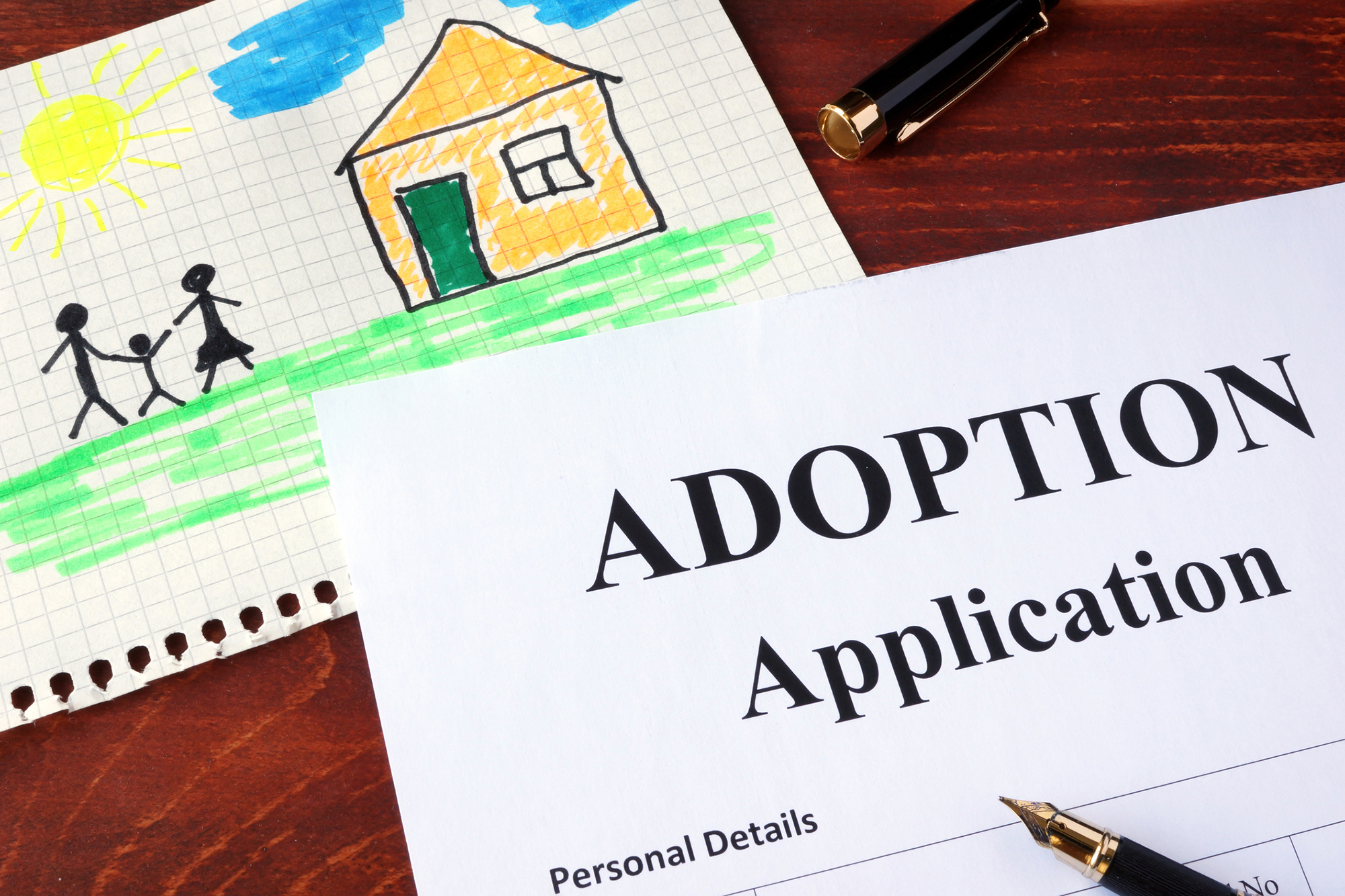
WASHINGTON (BP) — Legislation to prohibit government from discriminating against adoption and foster care agencies over their religious or moral convictions has taken an initial step toward potential passage in Congress.
 The House of Representatives Appropriations Committee included the Child Welfare Provider Inclusion Act (CWPIA) in a spending bill it approved July 11. The committee first passed the measure as an amendment to the Labor, Health and Human Services (HHS), and Education funding bill in a 29-23 vote. The panel then forwarded the amended version of the bill in a 30-22 roll call.
The House of Representatives Appropriations Committee included the Child Welfare Provider Inclusion Act (CWPIA) in a spending bill it approved July 11. The committee first passed the measure as an amendment to the Labor, Health and Human Services (HHS), and Education funding bill in a 29-23 vote. The panel then forwarded the amended version of the bill in a 30-22 roll call.
The proposal, H.R. 1881, would bar the federal government — as well as any state or local government that receives federal funds — from discriminating against or taking action against a child welfare agency that refuses to provide services in a way that conflicts with its religious beliefs or moral convictions, such as placing children with same-sex couples. If enacted, the legislation would require HHS to withhold 15 percent of federal funds from a state or local government that violates its ban.
Southern Baptists’ Ethics & Religious Liberty Commission and other advocates for the bill have called for a federal solution to the growing pattern of state and local governments requiring adoption and foster care agencies to place children with gay couples or shut down such services.
ERLC President Russell Moore expressed gratitude for the committee’s support for the measure.
“Protecting the rights of those who are dedicated to caring for the most vulnerable among us only ensures that more children have access to the love and support they so desperately need,” Moore told Baptist Press in written comments. “This is precisely what the Child Welfare Provider Inclusion Act would do.
“Far too many children are waiting, right now, either for adoption or foster families,” Moore said. “Our government must not stand in the way of those seeking to care for them. The CWPIA would not only guarantee faith-based child welfare agencies are not discriminated against, but would further the goal of seeing vulnerable children united with loving families.”
The ERLC included enactment of the CWPIA as a priority in its 2018 legislative agenda and organized a July 3 letter with nearly 70 signatories that urged the Appropriations Committee to add it to the Labor, HHS, and Education bill.
Nine states have laws that require child welfare agencies to place children with same-sex couples in adoption, foster care or both, according to Reuters News Service. They are California, Maryland, Massachusetts, New Jersey, Nevada, New York, Oregon, Rhode Island and Wisconsin.
Meanwhile, nine other states have enacted measures that protect the right of agencies to abide by their religious or moral convictions in adoption and foster care: Alabama, Kansas, Michigan, Mississippi, North Dakota, Oklahoma, South Dakota, Texas and Virginia.
The division in the states and threats to agencies in some jurisdictions call for federal action, the ERLC and its allies said in the July 3 letter.
“Given the heavy investment of the federal government in child services and the woefully inconsistent territory across the states, we believe this problem justifies a federal solution through the [CWPIA],” they wrote.
In an apparently barrier-breaking decision July 13, a federal judge in Philadelphia ruled the city can require adoption and foster care agencies it has contracts with to place children with gay couples, according to NBC News. The decision is the first of its kind by a federal court, NBC reported.
Catholic Social Services (CSS) had brought suit after Philadelphia’s Department of Human Services stopped cooperating with CSS and Bethany Christian Services because they refused to place children in same-sex homes.
In another case, Catholic Charities of Fort Worth has been sued for declining to place children with a same-sex couple.
Rep. Robert Aderholt, R-Ala., who introduced the CWPIA as an amendment to the funding bill, said after its adoption his goal was “to encourage states to include all experienced and licensed child welfare agencies so that children are placed in caring, loving homes where they can thrive. We need more support for these families and children in crisis, not less.”
Aderholt is co-chairman of the House Coalition on Adoption.
Meanwhile, the Human Rights Campaign (HRC) — the country’s largest political organization advocating for lesbian, gay, bisexual and transgender rights — criticized the committee’s action.
“Any Member of Congress who supports this amendment is clearly stating that it is more important to them to discriminate than it is to find loving homes for children in need,” said David Stacy, HRC’s director of government affairs at the Human Rights Campaign.
The ERLC-led coalition letter pointed to the pressure brought on the adoption and foster care system by the opioid epidemic among adults. “Now is an especially terrible time to reduce the capacity of state governments to efficiently place children in safe, loving homes,” the letter stated.
In addition to Moore, the letter’s signers included Chris Palusky, president, Bethany Christian Services; Albert Reyes, president, Buckner International; Daniel Nehrbass, president, Nightlight Christian Adoptions; David Nammo, executive director, Christian Legal Society; Penny Nance, president, Concerned Women for America; Kelly Shackelford, president, First Liberty Institute; David Christensen, vice president, Family Research Council; and Joseph Kurtz, chairman, U.S. Catholic Conference of Bishops Committee for Religious Liberty.
















